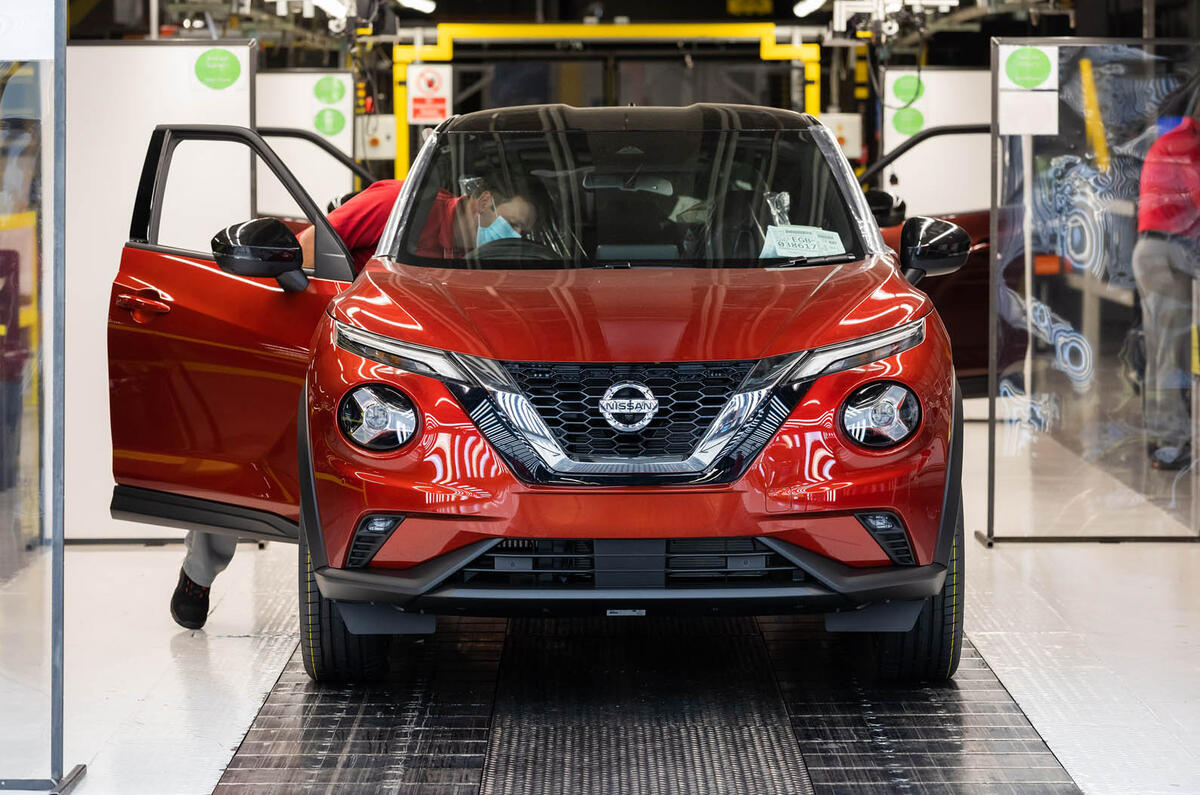Parts shortages, staff absences and factory closures were among the headwinds that battered the UK automotive industry in 2021, prompting new car output to drop to its lowest level since 1956.
The latest figures from the Society of Motor Manufacturers and Traders (SMMT) have revealed that 859,575 cars came from UK factories last year, a "dismal" performance that equates to a 6.7% decline from 2020 and a 34% drop on pre-pandemic 2019.




Add your comment